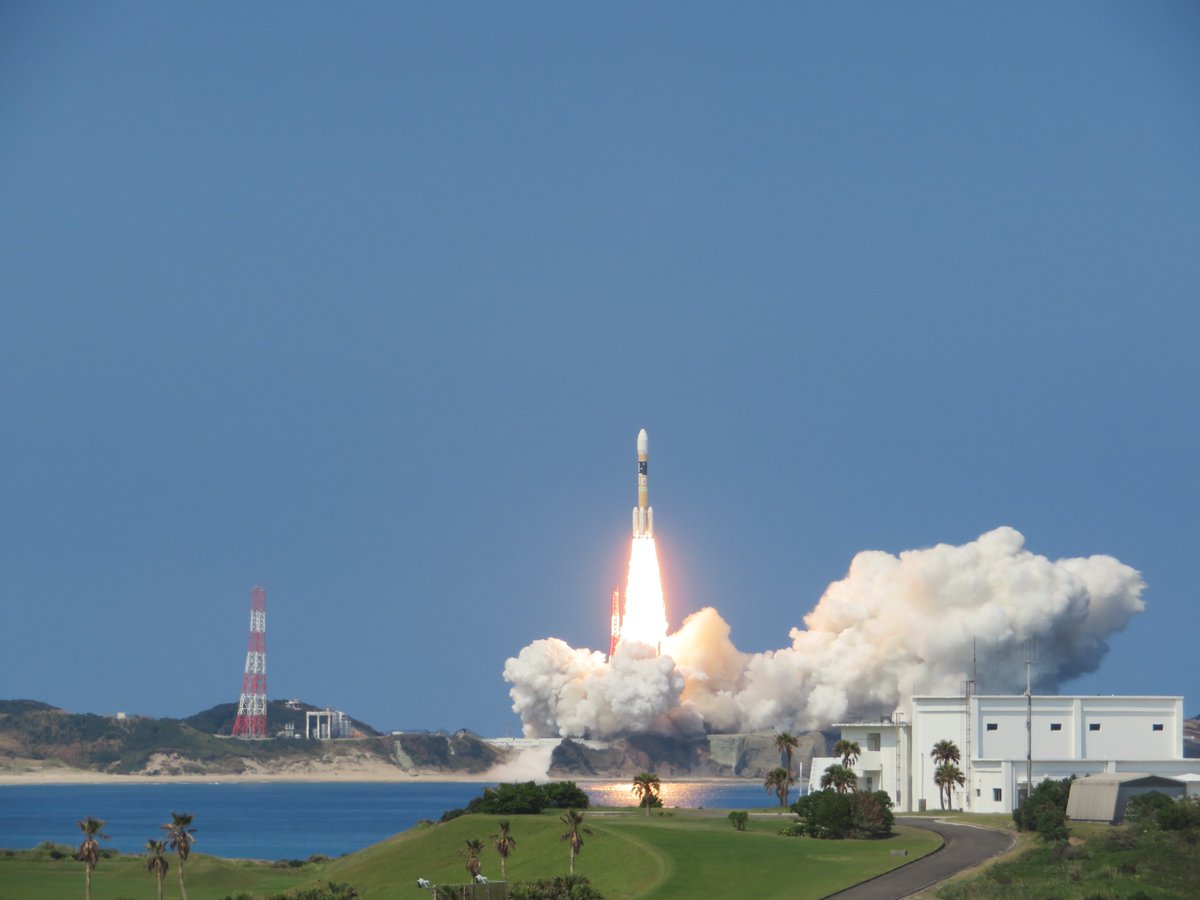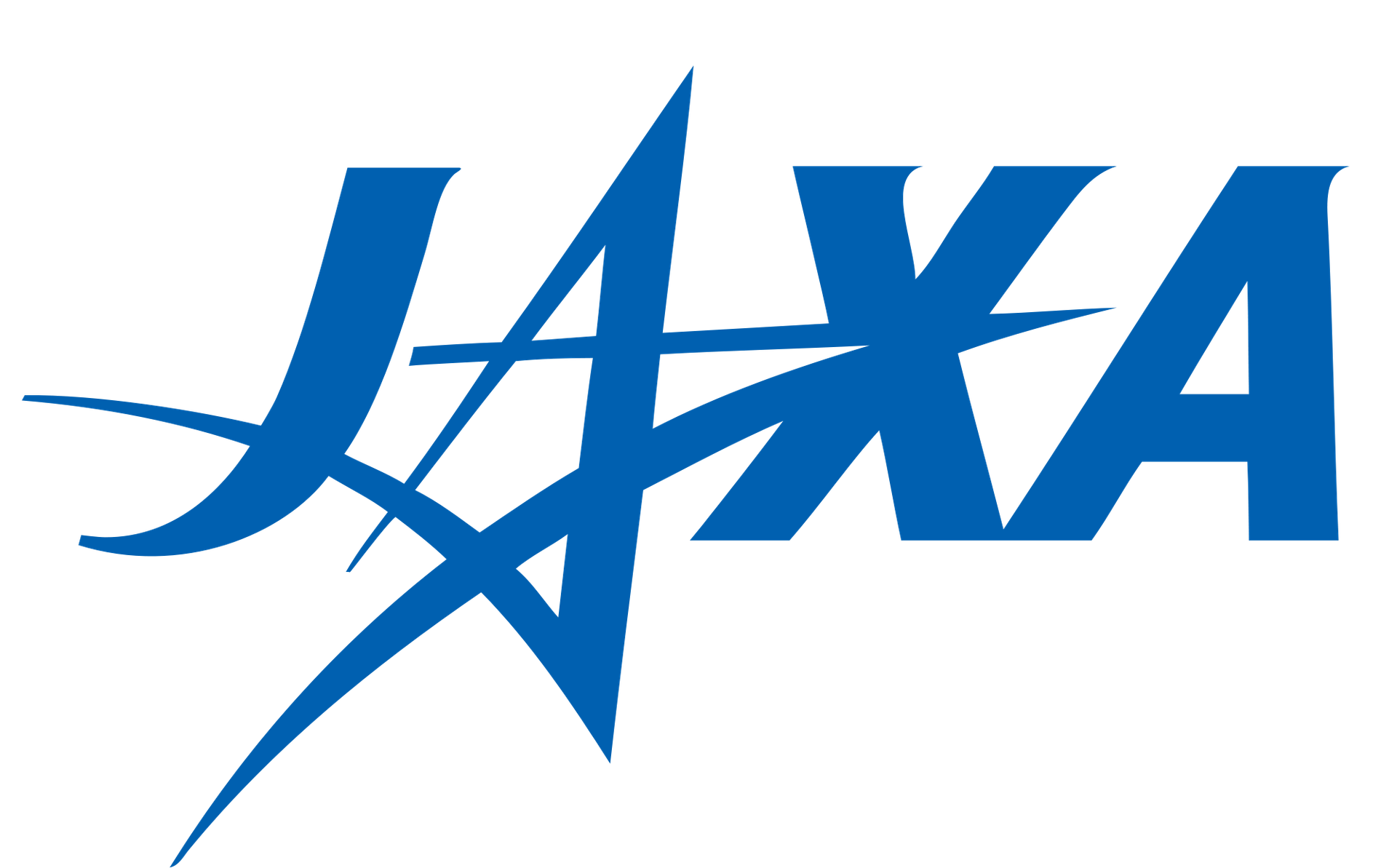H-IIA 204 | Kiku-8
Yoshinobu Launch Complex LP-1
Tanegashima Space Center, Japan
T?
--
Days
:
--
Hours
:
--
Mins
:
--
Secs
Date Loading...
Japan Aerospace Exploration Agency
The Japan Aerospace Exploration Agency (JAXA) is Japan's national aero-space agency. Through the merger of three previously independent organizations, JAXA was formed on 1 October 2003. JAXA is responsible for research, technology development and the launch of satellites into orbit, and is involved in many more advanced missions, such as asteroid exploration and possible manned exploration of the Moon. JAXA launch their Epsilon vehicle from the Uchinoura Space Center and their H-II vehicles from the Tanegashima Space Center.
Kiku-8
ETS-VIII (Engineering Test Satellite) is to be launched in 2006, with the main purpose of dealing with the increasing demand for digital communications, such as mobile phones and other mobile devices. The satellite, with a gross weight of around three tons and a diameter of 40 meters, has two Large Deployable Antenna Reflectors (LDAR) and two Solar Array paddles. One LDAR, about the size of a tennis court, is one of the world's largest geostationary satellites. Its size will enable direct communications with a geostationary satellite that covers all of Japan, making mobile communications more reliable. Currently under development are Large Deployable Antenna Reflectors with metal-mesh, high-power transponders, and on-board processors. The technologies used in the development of these LDARs will be applicable to other large space structures. A subscale test of the LDARs was flown as the LDREX experiment.
H-IIA 204
Height 53.00 Meters
Max Stages 2
Mass To GTO 6000 kg
Liftoff Thrust 2260 kN
Diameter 4.00 Meters
Mass To LEO 0 kg
Liftoff Mass 445 Tonnes
Launch Success 5
Consecutive Success 5
Maiden Flight 2006-12-18
Launch Failures 0









